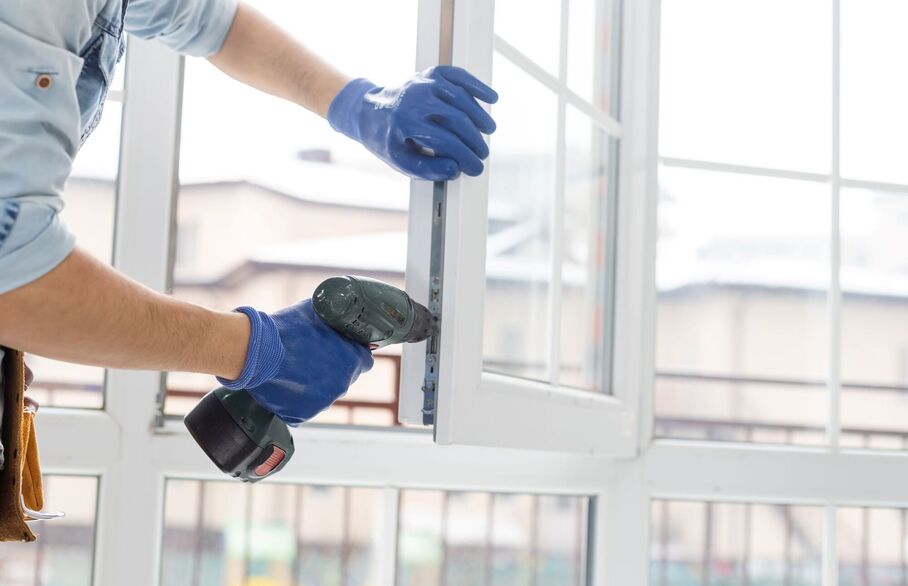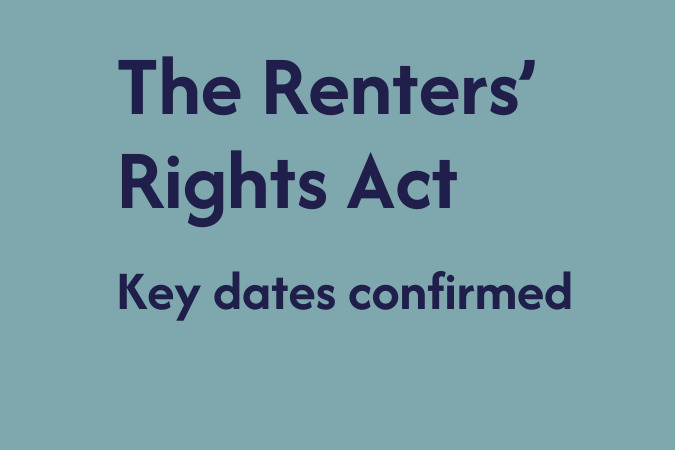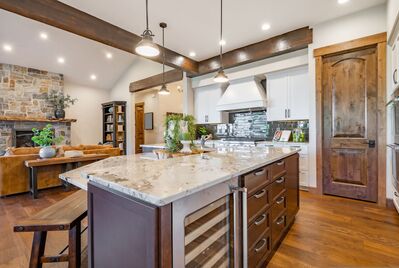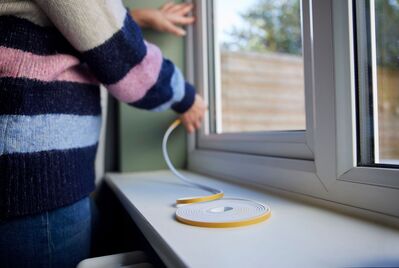The Decent Homes Standard: what is it and how can landlords ensure compliance?

The Decent Homes Standard (DHS), originally introduced at the turn of the century to ensure tenant safety in social housing, is now set to include private rental properties in England under the Renters’ Rights Bill. This expansion will significantly affect landlords, requiring them to take proactive measures to ensure compliance, avoid penalties, and prioritise tenant safety.
In this guide, we will outline the key elements of the Decent Homes Standard and offer practical steps to help landlords remain compliant.
What is the Decent Homes Standard?
The Decent Homes Standard (DHS) sets minimum living conditions for social housing in England and Northern Ireland, excluding leasehold and shared ownership properties. In 2022, the government began exploring its application to private rentals, later committing to halving substandard rental homes by 2030. Although initially proposed in the previous government’s Renters (Reform) Bill, the Labour government is now advancing these reforms through the Renters' Rights Bill, aiming to extend the DHS to private rental properties.
The Decent Homes Standard sets out minimum property conditions to ensure that homes are safe, warm, and functional for tenants. To comply with the DHS, a property must meet the following criteria:
- It must be free of serious health and safety hazards, as defined by the Housing Health and Safety Rating System (HHSRS).
- The property must be in a reasonable state of repair, with no key components, such as heating or roofing, deteriorating to the point of failure.
- It must have modern facilities and services, including updated kitchens and bathrooms where needed.
- The property must provide effective insulation and a reasonable level of thermal comfort.
Meeting these standards not only ensures better living conditions for tenants but also helps to reduce future maintenance costs for landlords.
How landlords can prepare for the DHS
1. Conduct comprehensive property inspections
Start by performing a detailed assessment of each rental property’s condition, paying special attention to structural integrity, electrical systems, plumbing, and heating systems. Identifying issues early allows landlords to implement a proactive maintenance strategy to ensure timely compliance.
Consider using a professional inspection service or a thorough checklist that includes common hazards such as damp, fire risks, and poor ventilation.
2. Address serious hazards
Serious hazards identified by the HHSRS include issues like damp and mould, excess cold, and risks of falls. Under the upcoming regulations, landlords will be required to address these severe problems within specific timeframes, particularly in line with ‘Awaab’s Law.’
Suggested Action: Schedule repairs promptly, and ensure that you maintain accurate records of inspections and corrective actions taken.
3. Ensure heating and thermal comfort
Adequate insulation and energy-efficient heating systems are fundamental components of the DHS. Insufficient heating or poor insulation can lead to both tenant dissatisfaction and potential legal penalties.
Upgrading insulation where necessary and checking heating systems annually is recommended. It may also be worth replacing outdated boilers with energy-efficient models to enhance thermal comfort and meet regulatory requirements.
4. Modernise kitchens and bathrooms where necessary
Kitchens older than 20 years and bathrooms older than 30 years may not meet modern standards, particularly if they lack essential amenities.
Plan updates for outdated facilities, focusing on safety features such as non-slip surfaces and adequate ventilation. Prioritise functionality and tenant comfort to ensure compliance with the DHS.
Benefits of early compliance
Reduced risk of penalties
By addressing potential issues ahead of legal deadlines, landlords can avoid costly fines and enforcement actions.
Improved tenant retention
High-quality, safe properties are more likely to attract and retain reliable tenants, leading to lower vacancy rates and more stable rental income.
Increased property value
Well-maintained homes are more marketable, with better long-term investment potential, making them more desirable in the property market.
The extension of the Decent Homes Standard to private rentals marks a transformative shift in property management. By conducting thorough inspections, addressing hazards promptly, and modernising outdated facilities, landlords can ensure compliance with new regulations while enhancing the quality of their properties.






